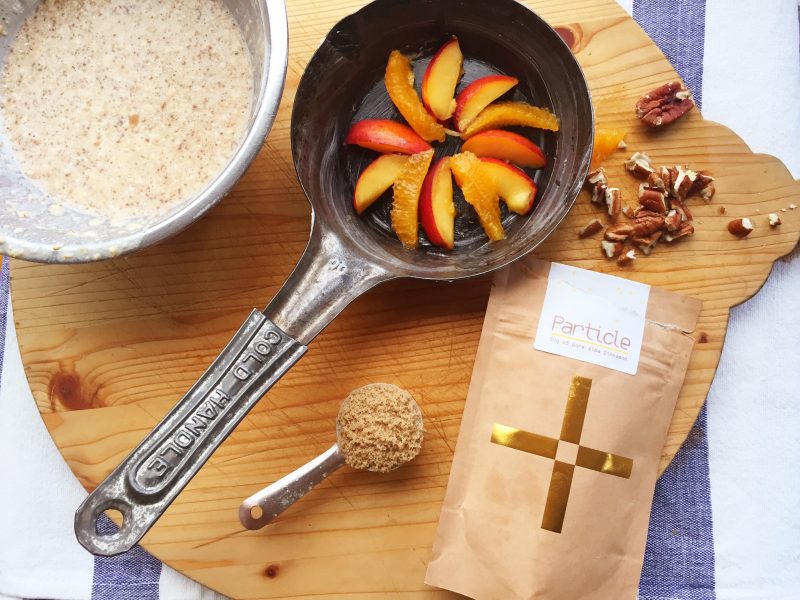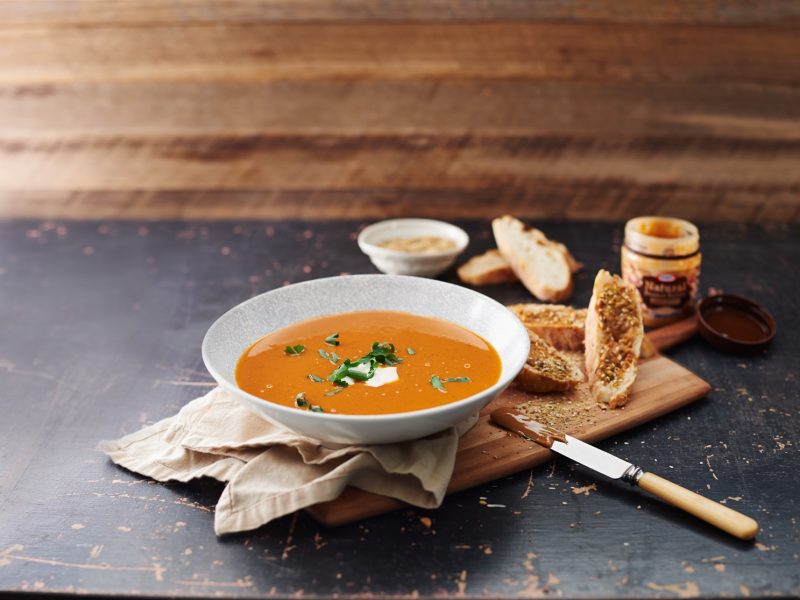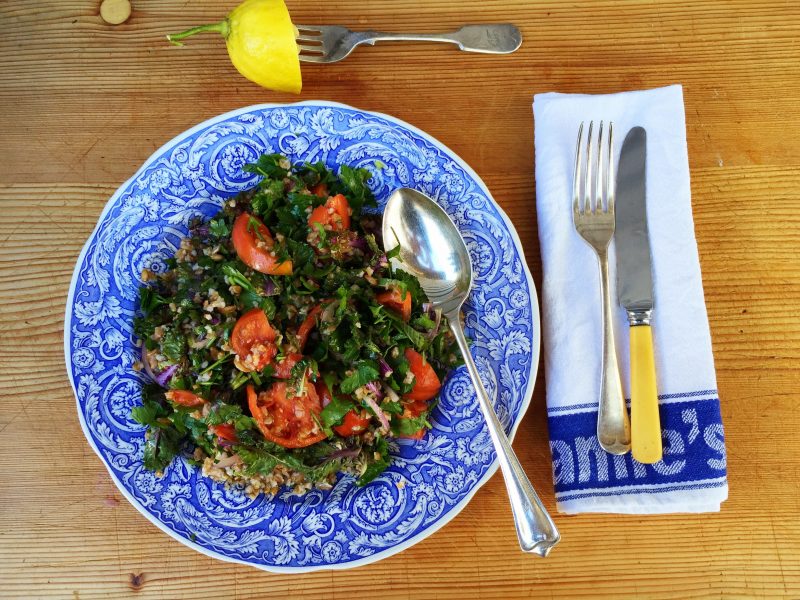As our North American friends finish Thanksgiving dinner I hope that more and more people have been baking it, not faking it this year. With a surge of convenience foods and ready-made dishes it’s easy to become a food arranger rather than a home cook, even on special occasions. In today’s fast paced world we turn to short cuts in the kitchen but is time really the barrier to a home cooked, nutritious meal? Let’s explore some interesting research:
About our expert
Mel Haynes is a final year Nutrition student who also has an honours science degree in malarial drug research. She’s a qualified chef, business owner and mum to Master 6, oh and in her spare time (hmmm) she’s also started an MBA.
Yup, I know all about time shortage, sleep deprivation, study all-nighters after a hard day at uni followed by a stressful nights work in a hot busy kitchen. Juggling school pickups, coursework presentations and the occasional guest lecture for Scientists in Schools, I all but schedule in sleep and toilet breaks!
I decided to study nutrition after an epiphany late in 2008. My honours degree was drawing to a close and I was facing the scary possibility of having to find a job, a real job. I still didn’t know what I wanted to do, but I had some ideas. I loved food, 10 years working as a chef to put myself through uni hadn’t quite managed to dull that passion. Since having my son in 2004, I have been keenly interested in child health and I was fascinated by nutri-genomics but couldn’t face another 3 years working in an isolated lab. After some research I discovered dietetics. I fell in love and – with a week until the closing date for application – I dropped everything to write my application. Wondrously, I was accepted.
My research project
During my final year at Flinders University, part of our assessment is a 10 week research project. I was thrilled when I was informed that I had been given my first preference; Investigating barriers to meal creation across the social divide under the supervision of Professor John Coveney.
After my initial thought, which was “you mean there are reasons other than time?” I decided the best way to find out was to ask. I mean really ask. Not a survey. But a chat. So, with help from John, began my journey into qualitative research.
I recruited 10 families from around Adelaide, Australia to interview. There was no exclusion criteria; I had a lovely lady who was 86 and lived alone and a family with six children and everything in between. I went to each house with my handy new toy – a DSS recorder and listened. And drank a startling amount of tea.
From my laboriously written and re written transcripts came two recurring and important themes.
People fell into two groups. Those that knew how to cook, did it well and enjoyed it – “the chefs”. And then there were those who were not confident in their skills and for whom it was a chore. If families had two members who were “chefs” they often ate quality home cooked meals that the family enjoyed. These people would reminisce fondly about when they were learning to cook, who taught them and the foods they ate. Nearly all of these people recall the importance of home economics lessons. The second group disliked food, often bought take away and said they either didn’t receive cooking lessons or didn’t find them valuable. The people who were “chefs” took pride in their skills, the meals they prepared and said that the praise the received from their family was a major motivation in cooking meals. Simply Skills was the underlying motivation to prepare meals, while a lack of these skills was one of the biggest barriers.
Poor advice put even the best “chef’s” skills to the test. My first interviewee described dinner was always 3 different meals. Yes. That’s right. Three. Different. Meals. This was because she had unwittingly sought the advice of an unqualified “health consultant” who had informed her that her vegetarian 12 year old daughter should not be consuming dairy due to suffering a thrush infection months previously. Her husband was in cancer remission and he too needed a “special diet” which the other family members did not like. So every night she cooked three meals which she admitted left her completely drained. This was the start of a long list of crazy, unproven and sometimes downright dangerous diets which busy time poor families attempted to ply their families with after ill-considered advice from an alternative health sources, magazines and the Internet. Often this increased stress, decreased the family’s satisfaction with the meals and rarely improved the true nutritional intake of the families.
While it was true that time was a barrier for most families, this can be overcome with skills, planning and self-efficacy. Families with skills and routines ate home cooked meals more often than families without skills but more time. At a time when families have two working parents and are exceptionally time poor, the skills needed to overcome this are more essential than ever. But where are today’s kids going to receive the education they need to develop these skills?
Although this was a small qualitative study, they echo other findings from other researchers. These findings do not harbour well for the future of Sunday family roasts or bonding time at the dinner table. This has shaped my goals as a new dietitian to focus on community education. I’m passionate about teaching families to get back in the kitchen and learn to love food again. I’m also passionate about promoting evidence based nutrition and preventing the spread of misinformation.
Editor’s comments:
Thanks Mel, it’s great to hear about a student research project and your passion for an area that I too see as fundamental, basic cooking skills for all. I fondly remember cooking with my mother, Aunties and Grandmother from a young age. I had a wonderful Home Economics teacher Mandy, who coped with the boys stealing from the pantry and flour fights. I still whip up her cinnamon tea cake today. And I’m grateful for my extended family of chefs that keep me on my culinary toes. I’m a little jealous of you though, being a chef and a dietitian is a powerful combo. Next week I’ll share my experiences seeing this new area of training in the US. But over to you lovely readers. Did you fake it or make it for Thanksgiving dinner? Or tonight’s fare? Who influenced your cooking skills? Have you thought about giving a cooking class as a Chrissie present? Do you agree with me about the need to bring back home economics? Please, please leave us a comment or question for Mel below.





